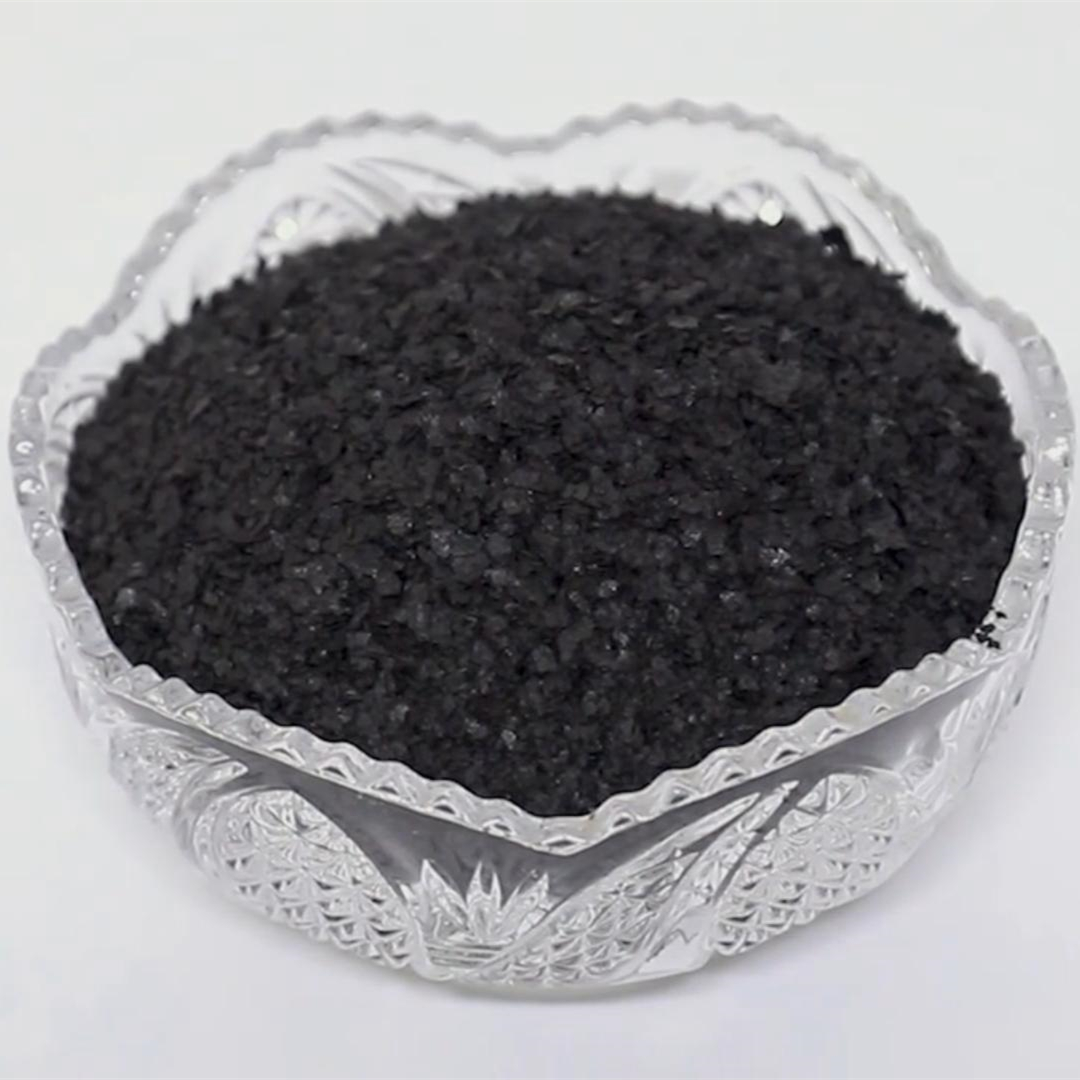
Sep . 07, 2024 05:08 Back to list
Potassium Sulphate Fertilizer - Enhance Your Crop Yield Naturally
The Importance of Potassium Sulphate Fertilizer in Agriculture
Potassium sulphate (K2SO4) fertilizer is widely recognized for its essential role in modern agriculture. As a source of both potassium and sulfur, this compound offers multiple benefits to a variety of crops, enhancing growth, yield, and overall plant health. Understanding the importance of potassium sulphate and its application can help farmers and agronomists make informed decisions for effective crop management.
Potassium is one of the three primary macronutrients that plants require, alongside nitrogen and phosphorus. It plays a critical role in numerous physiological processes, including enzyme activation, photosynthesis, and nutrient transportation. A sufficient supply of potassium helps plants develop healthy root systems, improves drought resistance, and enhances overall crop quality. Additionally, potassium supports the production of vital plant hormones, which contribute to growth and development.
Sulfur, the other key component of potassium sulphate, is essential for the synthesis of amino acids, proteins, and vitamins. It also aids in the formation of chlorophyll, which is crucial for photosynthesis. Sulfur deficiency can lead to stunted growth, yellowing of leaves, and poor crop yields. The inclusion of potassium sulphate in soil amendments provides an efficient way to supply both potassium and sulfur, especially in soils that are deficient in these nutrients.
potassium sulphate fertilizer

One of the standout features of potassium sulphate is its low chloride content. Many crops, such as potatoes, tomatoes, and fruits, are sensitive to chloride, which can cause physiological disorders and reduce crop quality. Potassium sulphate, being chloride-free, is an ideal choice for these sensitive plants. Furthermore, its compatibility with other fertilizers allows for versatile application methods, including broadcasting and soil incorporation.
The timing of application is crucial when using potassium sulphate fertilizer. Generally, it is recommended to apply it during key growth stages of the crop, such as planting or early vegetative growth, to ensure that potassium and sulfur are readily available for uptake. Soil tests can help determine the nutrient status and specific needs of the crops, guiding farmers in making optimal fertilization decisions.
In addition to its immediate benefits on plant health, potassium sulphate plays a significant role in promoting sustainable agriculture. By improving crop quality and yield, it enhances food security and farmer livelihoods. Moreover, healthier crops can lead to reduced pesticide and herbicide use, fostering an environmentally friendly approach to farming.
In conclusion, potassium sulphate fertilizer is a vital component in the arsenal of agricultural inputs. Its dual provision of potassium and sulfur, combined with its low chloride content, makes it a superior choice for a wide range of crops. As the agricultural sector continues to evolve, embracing efficient and sustainable fertilization practices will be crucial for maximizing productivity and ensuring long-term environmental health. Utilizing potassium sulphate is an effective way to achieve these goals, ultimately benefiting both farmers and consumers alike.
-
10-10-10 Organic Fertilizer - Balanced NPK Formula
NewsAug.02,2025
-
Premium Organic Manure Compost for Eco Gardens
NewsAug.01,2025
-
Organic 10-10-10 Fertilizer | Balanced Plant Nutrients
NewsJul.31,2025
-
Premium Amino Acid Fertilizer | Rapid Plant Growth Booster
NewsJul.31,2025
-
10 10 10 Fertilizer Organic—Balanced NPK for All Plants
NewsJul.30,2025
-
Premium 10 10 10 Fertilizer Organic for Balanced Plant Growth
NewsJul.29,2025
